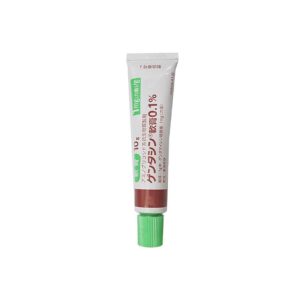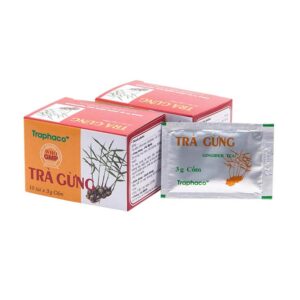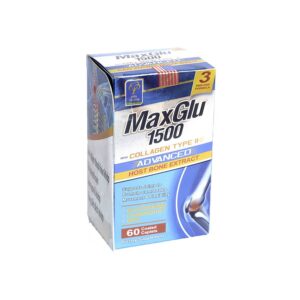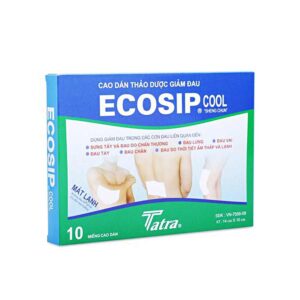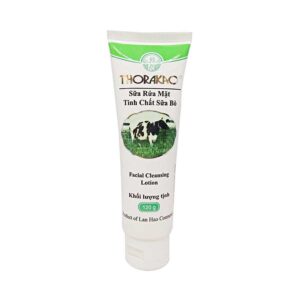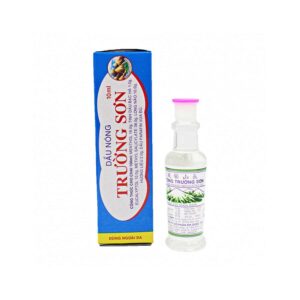There are a lot of questions about COVID-19 prevention and treatment and that’s understandable. Below, we provide detailed and comprehensive answers to the most common questions we receive.
1. About Ivermectin
First and foremost, many people just ask: “Will ivermectin really do prevent and treat all stages of COVID -19 disease?” “It seems too good to be true.”
The answer to this question is based on the fact that Ivermectin, since its development 40 years ago, has demonstrated the ability to have historic impacts on global health, as it has led to the destroy the “pandemic” of parasitic diseases on many continents. These effects are what awarded the 2015 Nobel Prize in Medicine to the discoverers of Ivermectin.
More recently, the antiviral and anti-inflammatory properties of ivermectin have been identified. In COVID-19 In particular, studies show that one of its antiviral properties is that it binds strongly to the mutant protein, preventing the virus from entering cells. These effects, together with its many abilities to control inflammation, both explain the markedly positive trial results that have been reported, and ivermectin prepares to achieve similar historical effects through through the elimination of COVID-19.
2. Questions about Ivermectin
1. Is Ivermectin effective against different variants of the Covid-19 virus?
Since Ivermectin has 5 different mechanisms of action against coronaviruses, it is also effective against different variants of the virus. We adjust Ivermectin dosage within the protocols and added additional drugs and measures to help make these protocols more effective for variants. Always discuss procedures in advance with your own doctor.
2. Do I need to take Ivermectin on an empty stomach or on a full stomach?
When taking Ivermectin please take it with or after your meal. Ivermectin is a fat-soluble drug and the absorption of Ivermectin is enhanced in the body’s tissues with a high-fat meal.
3. Is Ivermectin safe and is there a contraindication to its use?
Studies showing tolerability and no adverse effects in humans receiving high doses of ivermectin, toxicity is unlikely although reduced efficacy due to reduced exposure may be a concern. Beside, Ivermectin has been used safely in pregnant women, children, and infants.
4. Ivermectin be used in patients with acute or chronic liver disease?
With regard to liver disease, Ivermectin is well tolerated. Ivermectin is not associated with acute liver failure or chronic liver injury. Furthermore, no dose adjustment is required in patients with liver disease.
5. Can I use Ivermectin if I am pregnant or breastfeeding?
Based on current studies, Ivermectin prophylaxis is not recommended during pregnancy, especially during the first trimester. Ivermectin prophylaxis is also not recommended if you are trying to get pregnant. For treatment with Ivermectin, this will be a risk/benefit decision that you need to discuss with your own doctor. If a pregnant woman is sick with Covid-19 and has moderate or severe symptoms, the decision to use Ivermectin should be made between the mother and her doctor. Currently, breastfeeding is not recommended while the mother is taking Ivermectin and for at least one week after stopping Ivermectin.
Read more:
The most dangerous ingredients in food
How to protect your liver while taking medication
How to recognize a helminth infection?
Serious mistakes when using antibiotics





